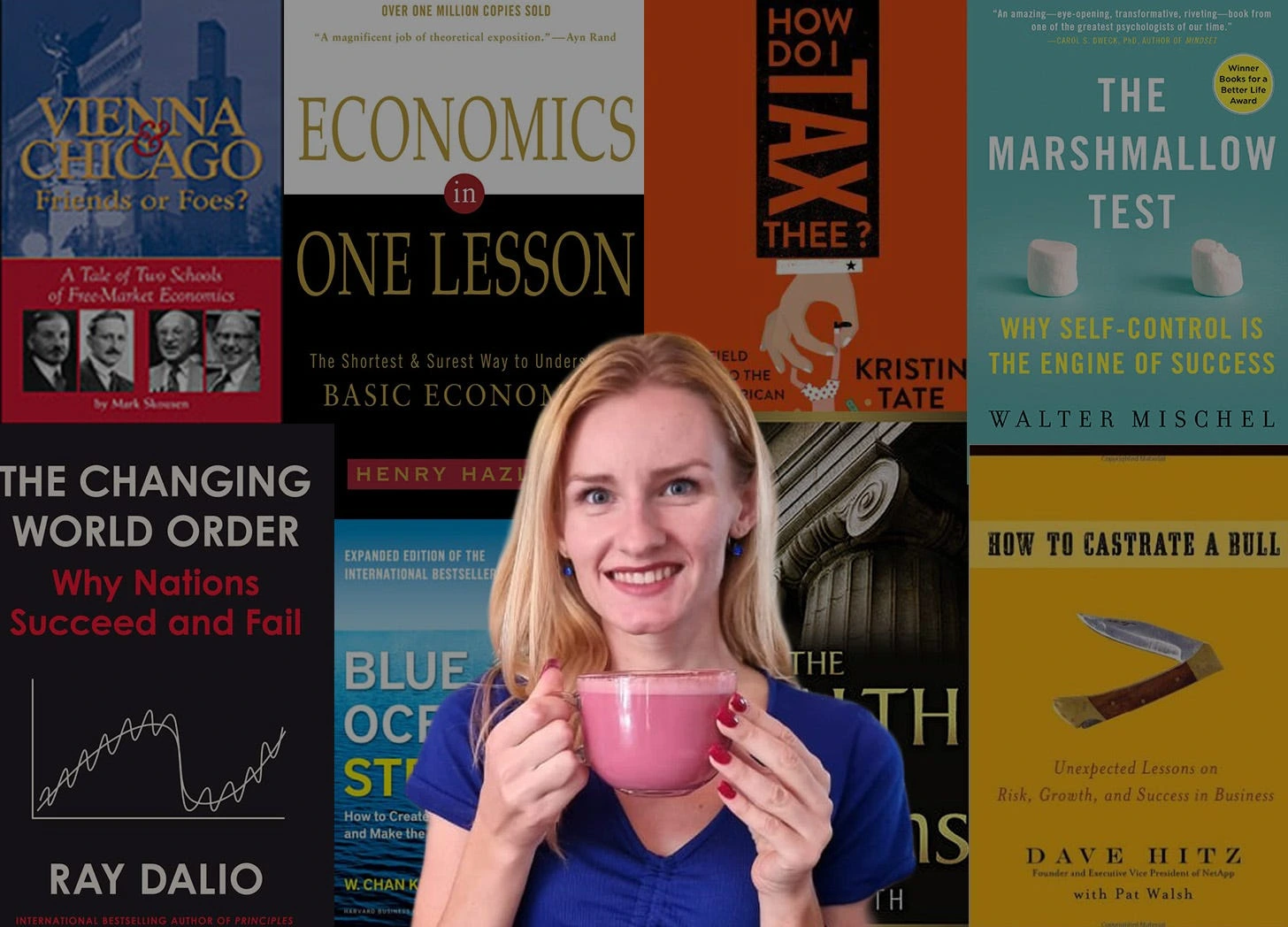In today's fast-paced world, being financially literate is more crucial than ever. Financial education empowers individuals to make informed decisions about their money, manage their resources wisely, and secure their financial futures.
With the right knowledge, individuals can break the chains of debt, understand investment opportunities, and plan for retirement, creating a more stable life for themselves and their families. This article delves into the importance of financial literacy and offers a comprehensive list of resources, including books, courses, podcasts, and online tools, to enhance your financial education.
Why Financial Literacy Matters
Financial literacy is the ability to understand and effectively use various financial skills, including personal finance management, budgeting, investment strategies, and understanding credit. The benefits of improving financial literacy are numerous. It empowers individuals to take control of their money, allowing them to feel less overwhelmed or lost when making financial choices. Improved financial literacy helps with debt management, provides a solid understanding of investment principles, fosters effective saving practices, and leads to better choices regarding loans, purchases, and insurance.
Resources for Improving Financial Literacy
Books
Rich Dad Poor Dad by Robert Kiyosaki is a classic that contrasts the financial philosophies of Kiyosaki’s two father figures, emphasizing the importance of financial education and investing in assets rather than liabilities. The Total Money Makeover by Dave Ramsey offers a step-by-step plan for reshaping financial life, focusing on budgeting, paying off debt, and building an emergency fund. The Intelligent Investor by Benjamin Graham is often regarded as the bible of investing and provides timeless advice that guides readers toward making sound investment decisions.
Your Money or Your Life by Vicki Robin and Joe Dominguez encourages readers to reassess their relationship with money, highlighting the importance of aligning spending with life goals. The Millionaire Next Door by Thomas J. Stanley and William D. Danko presents research that identifies the habits of wealthy individuals, debunking common myths about wealth accumulation.
Online Courses
Khan Academy offers a range of free courses on personal finance, investments, and economics, making complex topics accessible for all ages. Coursera features a variety of courses in partnership with top universities, such as “Personal Finance” and “Investment Management.” Similarly, edX provides courses from leading universities, with offerings like Harvard’s “Finance Essentials” serving as a solid starting point for understanding fundamental financial concepts.
Udemy hosts a wide range of online courses that cover various topics in financial literacy, including budgeting, investing, and personal finance management. There are numerous well-reviewed courses catering to different learning styles and objectives. Skillshare also offers classes on financial topics, focusing on events that encourage interactive learning and community support.
Podcasts
The Dave Ramsey Show is a widely popular podcast that discusses various financial topics, answering listeners’ questions about money management, budgeting, and debt elimination. ChooseFI is focused on financial independence, exploring strategies for achieving financial freedom through saving, investing, and developing a wealth-building mindset.
BiggerPockets Money Podcast features interviews with successful entrepreneurs and financial experts, who share insights on wealth building and achieving financial goals. The Financial Independence Podcast, hosted by the Mad Fientist, focuses on achieving financial independence through smart investment strategies and lifestyle choices. So Money, hosted by Farnoosh Torabi, features interviews with financial experts and entrepreneurs, discussing their money stories and providing actionable tips for improving financial literacy.
Online Resources
NerdWallet offers a wealth of information on personal finance, including budgeting tools, investment guides, and credit score analysis. This resource helps users make informed financial decisions. Investopedia covers every aspect of finance, from investing to personal finance, providing tutorials, articles, and a financial dictionary for easy reference.
Mint is a budgeting tool that assists individuals in tracking their income, expenses, and financial goals. It offers visualizations to help users manage their finances efficiently. SmartAsset provides various financial calculators that evaluate decisions related to retirement savings, mortgage affordability, and more.
MyMoney.gov is a government website offering free resources and tools for individuals seeking to enhance their understanding of personal finance topics, including saving, investing, and retirement planning.
Building Your Financial Education Journey
Improving financial literacy is a lifelong journey. Beginning with one or two resources from the categories listed can significantly enhance one’s understanding and management of finances. Setting clear financial goals is a great starting point; identifying what you want to achieve, whether it’s paying off debt, saving for a home, or preparing for retirement, can focus your efforts.
Creating a learning plan that allocates time each week to read books, listen to podcasts, or complete online courses helps to prioritize this education in your schedule. Engaging with financial literacy groups or online forums can provide a sense of community and additional insights while holding you accountable in your learning journey.
Practicing what you learn is essential; applying the knowledge gained in real-life situations, such as creating budgets or investing small amounts, reinforces understanding. It’s also important to stay updated on financial knowledge, as the landscape is continually evolving. Regularly seeking new resources can help maintain an informed perspective.
Conclusion
The power of financial education lies in its ability to transform lives. By leveraging various resources—books, courses, podcasts, and online tools—individuals can enhance their financial literacy and take charge of their financial futures. Knowledge leads to empowered decision-making, ultimately resulting in improved financial well-being and stability.
Investing in your financial education today will pay off in the long run. Regardless of where you begin on this journey, opportunities for growth and empowerment abound. With dedication and the right resources, anyone can master their finances and achieve their financial goals. Taking the first steps towards financial literacy can create a brighter, more secure future for you and your loved ones.




